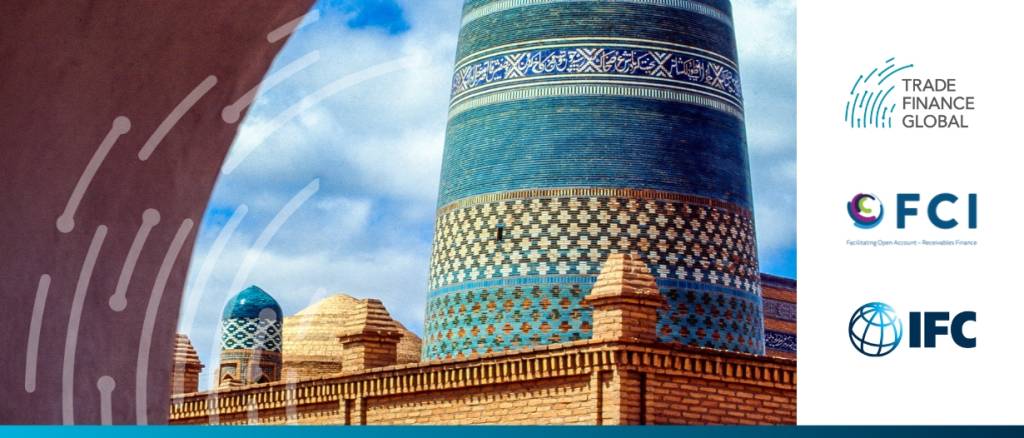The receivables financing sector has long been expressed by a careful balance between opportunity and risk. It is predicted that the global supply chain finance would attain $17.43 billion by… read more →
SBI Factors, a wholly-owned subsidiary of State Bank of India (SBI) and regulated by the Reserve Bank of India (RBI), began operations in April 1991 as India’s first factoring company.… read more →
This marks a significant step in the bank’s digital transformation as Latin America seeks to capitalise on a potential $90 billion trade finance opportunity, shifting from legacy back-office systems to… read more →
In 2025, the factoring and receivables industry continues to grow steadily, with strong potential for further expansion in the years to come, proving resilient to the economic and geopolitical turbulence… read more →
The European Parliament has approved a ‘White Paper on the Future of European Defence’ that calls for financial tools – including a dedicated Defence, Security and Resilience Bank (DSRB) – to fortify the EU’s security posture. The announcement signals a major shift in how Europe plans to finance its defence needs.
As the year winds to a close we’re revisiting our predictions to see how well they measured up to reality. Let’s dive in!
Buckle up, and fasten your seatbelts! It’s been another turbulent year for trade, treasury and payments. Our data team poured through the analytics of hundreds of podcasts, videos and stories… read more →
Listen to this podcast on Spotify, Apple Podcasts, Podbean, Podtail, ListenNotes, TuneIn At the 2024 Trade Finance Investor Day (TFDI) conference in London, TFG’s editor Deepesh Patel spoke with Nick Stainthorpe, Partner at Reed Smith, on… read more →
Trade Finance Global (TFG) served as the media partner for the event, supporting knowledge sharing in the global financial community. In Central Asia’s most populous city, industry leaders tackled the… read more →
Listen to this podcast on Spotify, Apple Podcasts, Podbean, Podtail, ListenNotes, TuneIn The Mesopotamians were factoring in 1700 BC. But they didn’t have to contend with changing regulation, increased cybercrime, and geopolitical challenges – all which… read more →
























